Journal of Materials Chemistry C
Materials with applications in optical, magnetic and electronic devices.
Editor-in-Chief: Vacant Position
Open Access: Hybrid

Journal of Materials Chemistry A, B & C cover high quality studies across all fields of materials chemistry. The journals focus on those theoretical or experimental studies that report new understanding, applications, properties and synthesis of materials.
ISSN: 2050-7534
Indexed in: Web of Science: Science Citation Index Expanded
Journal Impact factor
5.1 (2024)
First decision time (all)
13 days
First decision time (peer reviewed)
31 days
Scope
The journals have a strong history of publishing quality reports of interest to interdisciplinary communities and providing an efficient and rigorous service through peer review and publication. The journals are led by an international team of Editors-in-Chief and Associate Editors who are all active researchers in their fields.
Journal of Materials Chemistry A, B & C are separated by the intended application of the material studied. Broadly, applications in energy and sustainability are of interest to Journal of Materials Chemistry A, applications in biology and medicine are of interest to Journal of Materials Chemistry B, and applications in optical, magnetic and electronic devices are of interest to Journal of Materials Chemistry C. More than one Journal of Materials Chemistry journal may be suitable for certain fields and researchers are encouraged to submit their paper to the journal that they feel best fits for their particular article.
This list is neither exhaustive nor exclusive.
- Bioelectronics
- Conductors
- Detectors
- Dielectrics
- Displays
- Ferroelectrics
- Lasers
- LEDs
- Lighting
- Liquid crystals
- Memory
- Metamaterials
- Multiferroics
- Photonics
- Photovoltaics
- Semiconductors
- Sensors
- Single molecule conductors
- Spintronics
- Superconductors
- Thermoelectrics
- Topological insulators
- Transistors
Readership
Journal of Materials Chemistry C is a core journal for academic and industrial scientists involved in materials research.
Information for authors
Want to publish in this journal? Our author guidelines explain how to prepare and submit your article and provide useful information on the review and publication process including transfers, revisions and any article processing charges (APCs) that may apply.
You can read our payments and funding information for further details about APCs, which may apply for publishing open access in this journal, as well available discounts and waivers.
You may be able to publish open access in this journal, with no APC to pay, if your institution has an open access agreement with us. You can use our journal finder tool to check for agreements between us and your institution.
Meet the team
Vacant Position

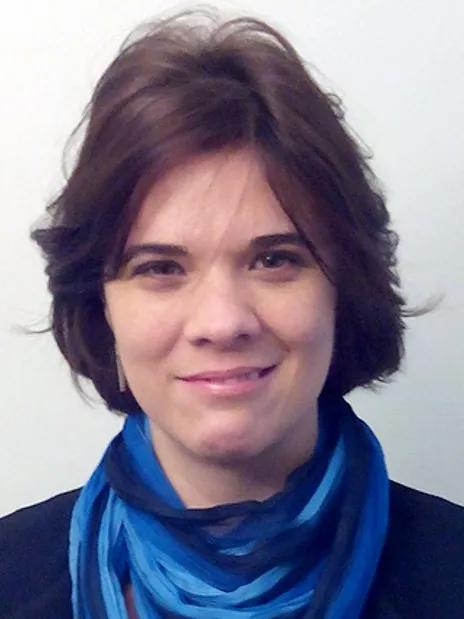
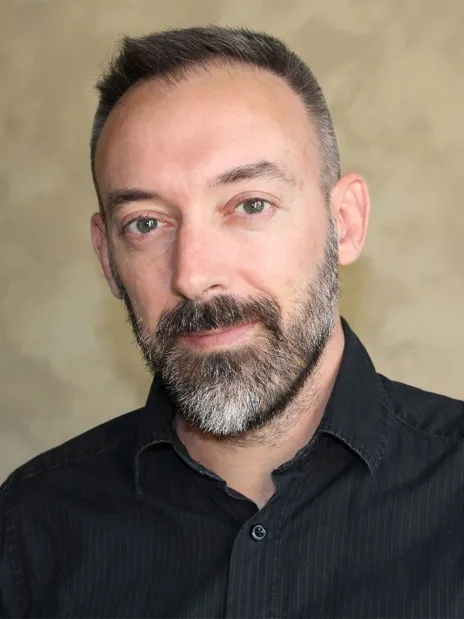
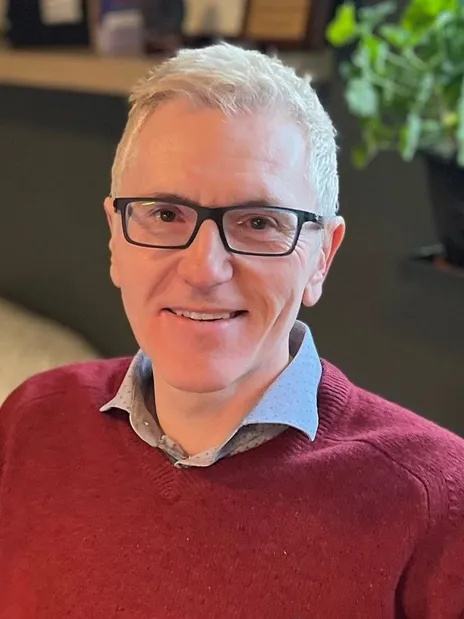
Antonio Facchetti
Associate Editor
Georgia Institute of Technology and Northwestern University
View profile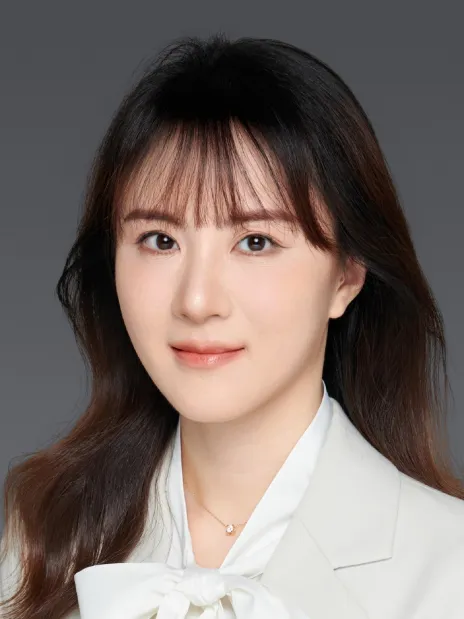
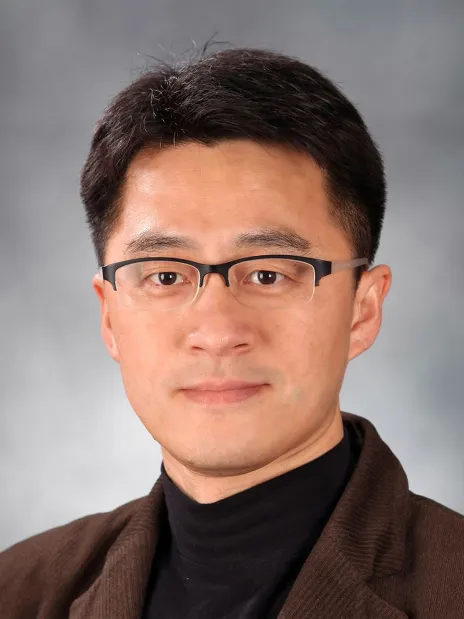
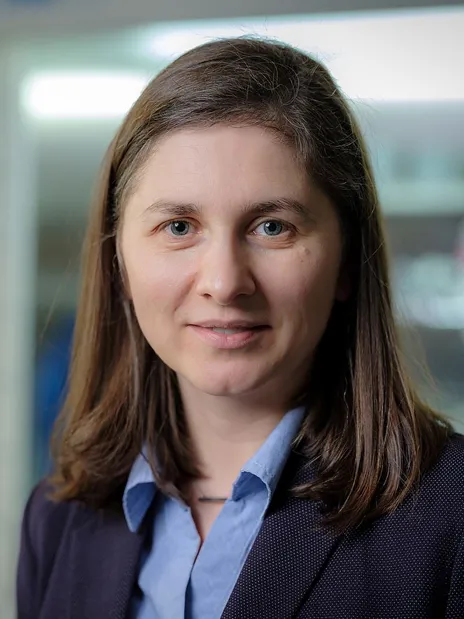

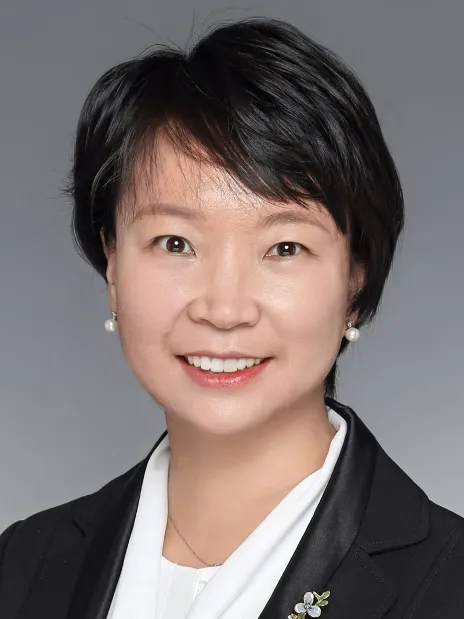

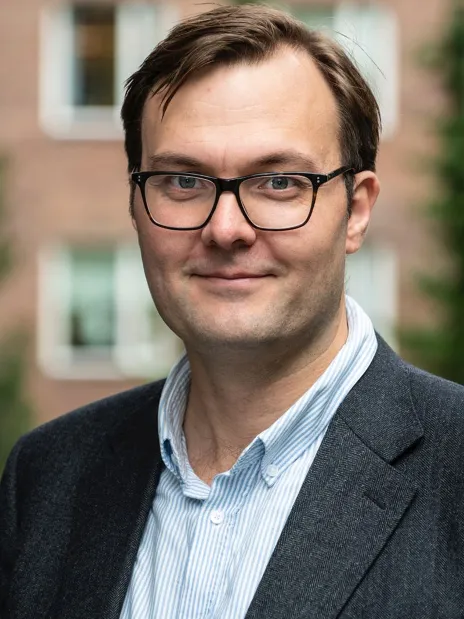



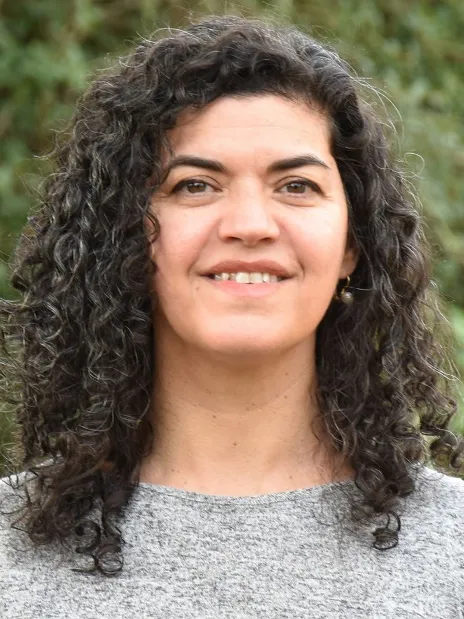
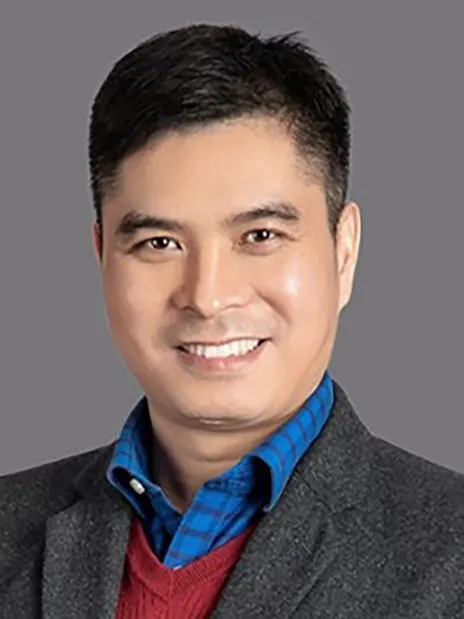

Zhenan Bao
Stanford University
Laure Biniek
Institut Charles Sadron - Strasbourg
Hugo Bronstein
University of Cambridge
Paola Carbone
University of Manchester
Juan Casado
University of Malaga
Rajadurai Chandrasekar
University of Hyderabad
Lin X. Chen
Northwestern University
Yen-Ju Cheng
National Chiao Tung University
Manish Chhowalla
University of Cambridge
Chunyan Chi
National University of Singapore
Laylay Chua
National University of Singapore
Przemek Data
Silesian University of Technology
Olivier Dautel
University of Montpellier
Fernando Dias
Durham University
Marc Fourmigué
University of Rennes
Gitti Frey
Technion - Israel Institute of Technology
Aiko Fukazawa
Kyoto University
Carlos F. O. Graeff
São Paolo State University
Mark Green
King's College London
Elizabeth von Hauff
Fraunhofer Institute for Electron Beam and Plasma Technology (FEP) and TU Dresden
Luis Hueso
CIC nanoGUNE
Sandrine Heutz
Imperial College London
Cheol Seong Hwang
Seoul National University
Anna Köhler
University of Bayreuth
Hua Kuang
Jiangnan University
Tetsuro Kusamoto
Osaka University
Monica Lira-Cantú
Catalan Institute of Nanoscience and Nanotechnology
Maria Loi
University of Groningen
Yueh-Lin (Lynn) Loo
Princeton University
Seth Marder
University of Colorado Boulder
Marta Mas-Torrent
Institute of Materials Science of Barcelona
Iain McCulloch
Princeton University
Jovana Milić
University of Fribourg
Rajneesh Misra
Indian Institute of Technology Indore
Ellen Moons
Karlstad University
Hatsumi Mori
The University of Tokyo
Christian Müller
Chalmers University of Technology
Thuc-Quyen Nguyen
University of California Santa Barbara
Jianyong Ouyang
National University of Singapore
Professor Thomas Penfold
Newcastle University
Igor Perepichka
Silesian University of Technology
Dong Qin
Georgia Institute of Technology
Chad Risko
University of Kentucky
Neil Robertson
University of Edinburgh
Alberto Salleo
Stanford University
Paolo Samori
Université de Strasbourg
Clara Santato
Polytechnique Montréal
Angela Sastre-Santos
Miguel Hernández University of Elche
David Scanlon
University of Birmingham
Udo Schwingenschlögl
King Abdullah University of Science and Technology
Ram Seshadri
University of California
Roberta Sessoli
University of Florence
Carlos Silva
Georgia Institute of Technology
Peter Skabara
University of Glasgow
Yanlin Song
Chinese Academy of Sciences
Jadranka Travaš-Sejdić
University of Auckland
Alessandro Troisi
University of Liverpool
Koen Vandewal
Hasselt University
Christoph Weder
University of Fribourg
Wai-Yeung Wong
Hong Kong Polytechnic University
Yadong Yin
University of California Riverside
Anatoly Zayats
King's College London
Qichun Zhang
City University of Hong Kong
Ni Zhao
The Chinese University of Hong Kong
Michaela Mühlberg
Executive Editor
Geraldine Hay
Deputy Editor
Jonathon Watson
Editorial Production Manager
Natalie Cotterell
Development Editor
Rose Wedgbury
Development Editor
Matthew Blow
Publishing Editor
Juan Gonzalez
Publishing Editor
Sam Howell
Publishing Editor
Evie Karkera
Publishing Editor
Shruti Karnik
Publishing Editor
Carole Martin
Publishing Editor
Kirsty McRoberts
Publishing Editor
Manman Wang
Publishing Editor
Amy Cook
Editorial Assistant
Jane Paterson
Publishing Assistant
Sam Keltie
Publisher
Read this journal
Paper
The effect of templating on the mechanical properties of smectic liquid crystal elastomers
Paper
Liquid-crystalline dual fluorescent dyes for white light emission
Review article
Ferroelectric polarization in 2D halide hybrid perovskites: influence on bulk crystals, thin films, and applications
Paper
Closed-to-open-shell ground state photoswitching of thienyl-based acylhydrazones
More from this journal
Contact the journal team
We're here to help. Contact the journal team if you have any questions about publishing your paper with us.
Sign up for journal email alerts
Get table of contents alerts and notifications about calls for papers, themed issues and more.
